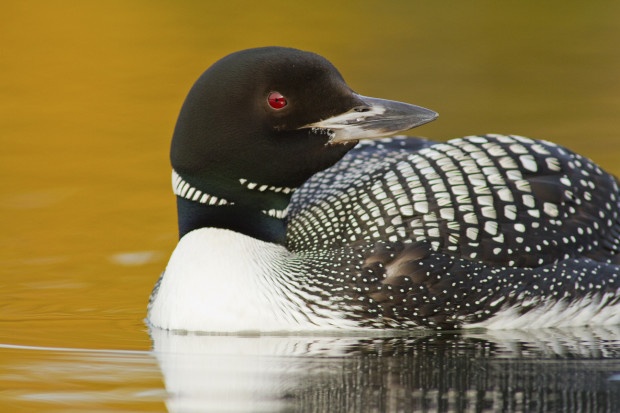We have much more to do and your continued support is needed now more than ever.
Weekly News Roundup: Migratory Birds at Risk and more
Canadian tar sand developments are impacting North American migratory birds, according to a report released Wednesday by National Wildlife Federation and our state affiliates. As the report details, these harmful mining and drilling practices are taking place in the heart of habitat for hundreds of species, turning bird breeding ground into a wasteland. To protect wildlife, we need to take a step forward with clean, wildlife-friendly energy, and reject pipeline projects like Keystone XL!

Don’t forget this month marks the Great American Backyard Campout! If you haven’t already taken the pledge, there’s still time to join campers across the nation on June 28!
What’s happening at the National Wildlife Federation this week?
Report: Interior Must Address Bird Deaths Caused by Canada’s Tar Sands

Flint Hill Elementary School Awarded Eco-Schools USA Green Flag for Exceptional ‘Green’ Achievement

“We at National Wildlife Federation and Eco-Schools USA are proud of the example set by Flint Hill Elementary for Fairfax County, Virginia, other schools, and the country at large,” said Laura Hickey, senior director of Eco-Schools USA. “This award demonstrates not only a commitment to sustainability and environmental literacy for students and faculty, but an appreciation that the best, most effective education transcends the classroom and offers a hands-on approach to learning.”
Ranger Rick and Ranger Rick Jr. Magazines Awarded Prestigious Accolades at the Association of Education Publishers’ Revere Awards

Since 1895, the Association of Education Publishers has encouraged and advocated for professional, quality content for teaching and learning. Each year, they scour the nation for the most outstanding educational publications, websites, and materials (paper, online, and curricula) of the year.
NWF welcomes governors’ support of efforts to conserve sage-grouse

NWF in the News:
New York Times: Report Finds Higher Risks if Oil Line Is Not Built
“But Jim Murphy, senior counsel at the National Wildlife Federation, linked the findings to the wider issue of whether the oil sands should be developed at all.”
The Advocate: The Wild Side: RESTORE work enters next phase
NWF release told the world, “As the Council moves from planning to implementation, it should work with Louisiana to achieve the vision set forth in its Coastal Master Plan. A vibrant Gulf of Mexico starts with a strong Mississippi River Delta.”
News & Observer: Another benefit of new EPA rules: the NC wildlife they’ll save
The N.C. Wildlife Federation and National Wildlife Federation recently hosted a “Wildlife Habitat and Networking Roundtable” in Huntersville. The speakers pointed out that North Carolina wildlife, from freshwater fish like trout to migratory birds to coastal animals like sea turtles, are all under threat from climate change.
Ecowatch: New Report Analyzes Tar Sands Threat to America’s Migratory Birds
“Unchecked tar sands development is turning a vast, irreplaceable breeding ground into a toxic wasteland,” said National Wildlife Federation Senior Counsel Jim Murphy. “Many of the birds Americans watch, enjoy and hunt fly to and rely on this area. The Canadian Government has vowed to protect these birds, but it is turning a blind eye.”
The Advocate: Climate change a threat to New Orleans region, officials warn
“We all know things we can personally do. But the biggest change will come from policy changes,” said David Muth, with the National Wildlife Federation’s Mississippi River Delta Restoration Program.





















